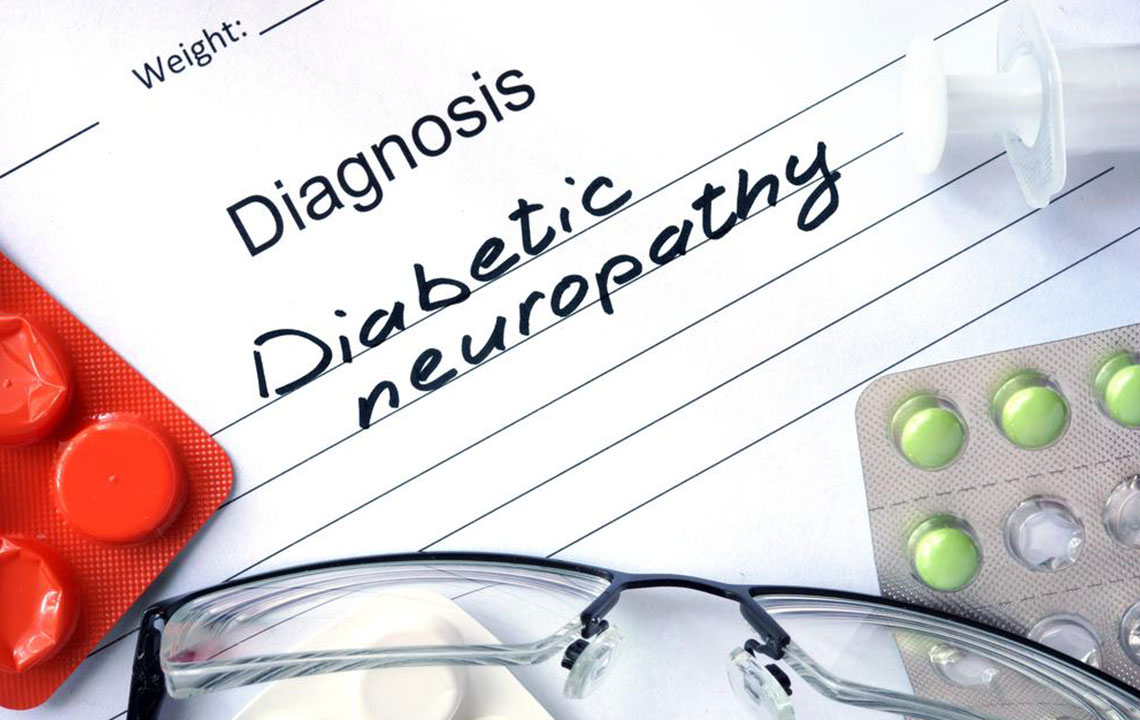Key Indicators of Hereditary Amyloidosis You Should Recognize
Hereditary amyloidosis is a genetic disorder characterized by abnormal protein deposits called amyloids accumulating in organs. Symptoms vary depending on the affected tissue, including fatigue, weight loss, swelling, nerve issues, and heart problems. Early detection is vital for managing this rare condition effectively. This article highlights common signs across different organs and advises prompt medical consultation for accurate diagnosis and treatment.

Key Indicators of Hereditary Amyloidosis You Should Recognize
Hereditary amyloidosis is a rare disorder stemming from genetic mutations that cause abnormal proteins called amyloids to accumulate in various organs. These deposits can form in any tissue, depending on the type, leading to diverse symptoms. The severity and location of the amyloid buildup influence the specific signs individuals experience. Recognizing the common symptoms early can aid in timely diagnosis and management of this condition.
Some typical hereditary amyloidosis symptoms include:
Severe fatigue and weakness
Unintended weight loss
Changes in skin coloration
Feeling of fullness or bloating
Anemia
Joint discomfort
Breathlessness
Swelling of the tongue
Weak grip strength
Burning or tingling in extremities
Cardiac (heart) involvement symptoms
When amyloid deposits affect the heart, it leads to stiffening of the heart muscle walls.
Patients may experience nausea, weight fluctuations, insomnia, dizziness, swelling, chest discomfort, or irregular heartbeat. Congestive heart failure may also develop in severe cases.
Neuropathy symptoms related to amyloid
When deposits form on peripheral nerves outside the brain and spinal cord, symptoms such as tingling, numbness, burning sensations, and heightened pain sensitivity in the hands and feet may occur. Autonomic nerve involvement can cause issues like poor digestion, excessive sweating, erectile difficulties, and dizziness.
Gastrointestinal symptoms
Amyloid buildup in the digestive tract can disrupt food movement, leading to symptoms like decreased appetite, diarrhea, nausea, and weight loss. The liver may also be affected, which can influence digestion.
Kidney-related symptoms
Amyloid deposits in the kidneys impair their ability to filter blood, resulting in nephrotic syndrome characterized by protein in urine, swelling in legs, abdomen, lungs, and arms. Severe accumulation may cause kidney failure.










